Lords of Riga
Similar Movies
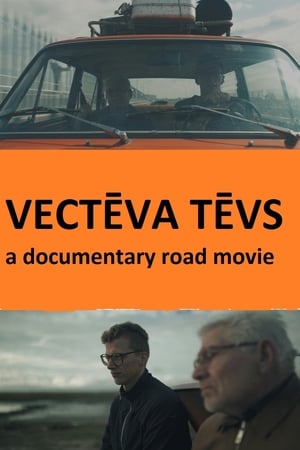 0.0
0.0Grandfather's Father(lv)
In this film a young man and his curmudgeonly grandfather are going 1,800 km to northern Russia in an old Zhiguli car, hoping to find the grave of their great-grandfather, who was deported. The grandfather Andris is sceptic over the lofty quest, initiated by his grand-son, as it’s not known what awaits them at their destination. Andris thinks they won’t find anything and will come back to Latvia without ever learning what happened to his father. However ever-optimistic Kārlis wants to use the journey not only to find answers about the past but also become closer to his grandfather who raised him. They both lost their parents as children.
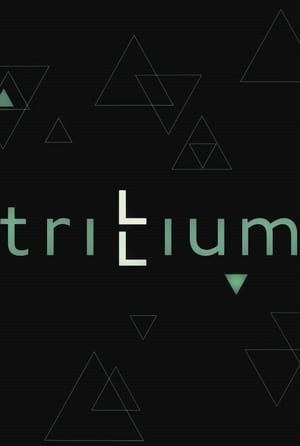 0.0
0.0Trillium(lv)
There are about 250 people with a unique ancestry. Livonians – one of the smallest and most endangered nations. Each of Livonians has a duty to preserve their identity and the great history of their ancestors. Trillium follows the footsteps of a poet and researcher Valts Ernštreits, who is one of 20 people able to speak fluent Livonian – an indigenous language related to Estonian and Finnish – in his efforts to look after the language and culture of these ancient settlers of the Baltic Sea coast.
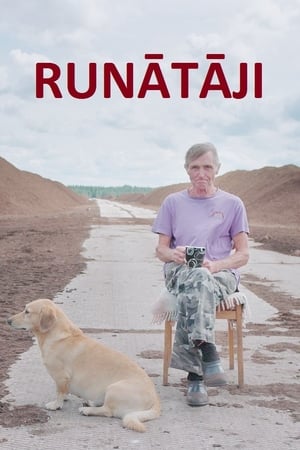 0.0
0.0Talkers(lv)
The three speakers represent two of the dialects, with the most common one - the middle dialect spoken in Riga and central parts of Latvia - not featured in the film. In intimate surroundings, a farmer, a schoolteacher, and a herder of ostriches talk about perceived differences between Latvian speakers, and about language policy and their lives.
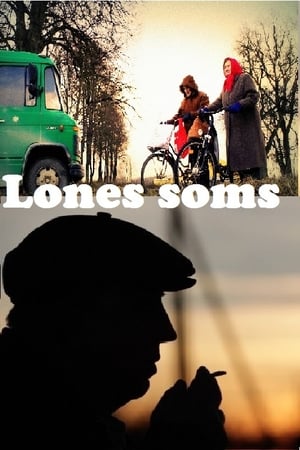 0.0
0.0Lone Man(lv)
Viktors is an entrepreneur with a unique offer – he has built a bar, bakery, spa, hotel and an auto-shop in a former “sovkhoz” cafeteria in the village of Lone. Viktors understands life, and that his words carry weight – almost 500 village inhabitants are now employed. Lone is a lively place both day and night, full of youths and many other businesses. Viktors is very proud.
 0.0
0.0Almost fine(hu)
So far, Balázs has lived the intellectual dream. He began his career working for the UN and later became the CFO of a prestigious Hungarian NGO. He has two children with his girlfriend, a French UN staff member, and together they live in one of the best neighborhoods in Budapest. And yet, something is missing. Balázs tries everything to distract himself from the fact that his dream job has become a burden, but nothing helps until he changes everything and becomes a bike courier.
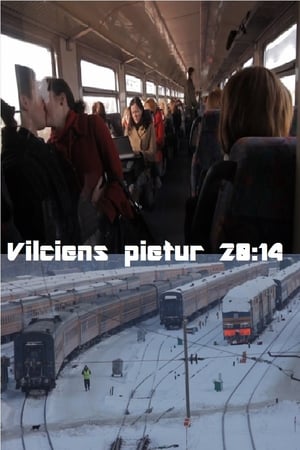 0.0
0.0The Train Stops at 20:14(lv)
A story about a train as it reflects our path of life. On it, like in life, people experience friendship and love, and sometimes feel lonely. On board, the announcement over the PA system outlines the rules, and then a reminder that the train won’t be stopping. Do we hurtle through life without making any stops? What are we thinking? We all know that the moment will come when our train pulls to a stop, but not how and when, and what happens afterwards.
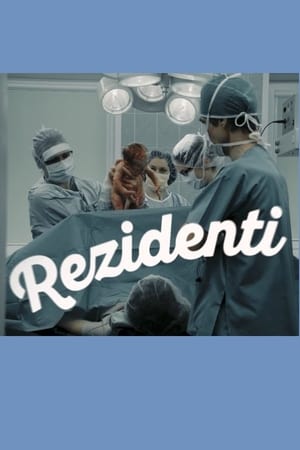 0.0
0.0Residents(lv)
The documentary “Residents” probes problems in Latvia in general and Latvia’s medicine in particular with the story of two energetic young interns, Kārlis and Laura.
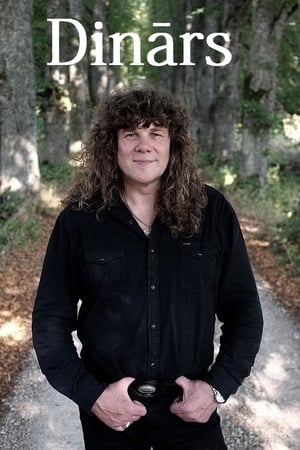 0.0
0.0Dinārs(lv)
Dinārs is a Latvian schlager singer popular with the ladies and known for his big cat mane. The eponymous film follows his path over a turbulent season of work.
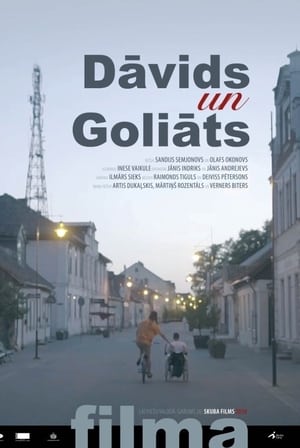 0.0
0.0David and Goliath(lv)
The documentary chronicles the life stories of two brothers, Kristaps and Krists. Kristaps, the elder brother, is disabled and has trouble talking, but he can rap. His younger brother Krists is one of the best freestyle BMX bikers in Latvia.
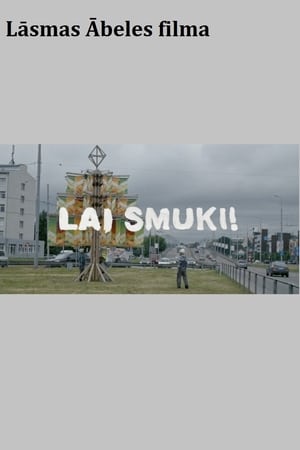 0.0
0.0Let's Make It Pretty(lv)
Two Rigans - Valentīna and Armands - make makeshift yard exhibitions by their homes out of objects they’ve found. They share the same hobby despite not knowing each other. As they’re decorating their little gardens of wonder for the upcoming Midsummer festival, it turns out that they too can find understanding and a sense of not being alone in their dreams.
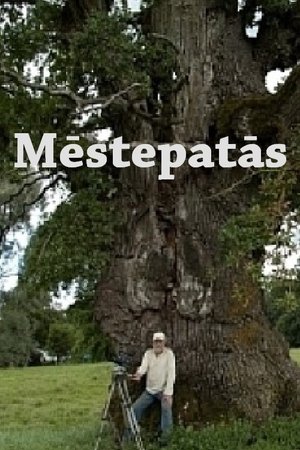 0.0
0.0We’re Still Here(lv)
The film portrays the political situation in occupied Latvia 37 years ago, when writer Imants Ziedonis formed a group of like-minded peers into ‘’Dižkoku atbrīvotāji’’ – DAGi. Film reels and photos of the time show Imants Ziedonis and the DAGi participants – Māra Zālīte, Anna Žīgure, Roze Stiebra, Andris Buiķis, Vitolds Kucins and others. Today, with their contemporary experiences, they reflect on a time when the dream of an independent Latvia seemed impossibly far away. We’re Still Here reminds the younger generations that it’s possible to do good in the name your nation and its future not matter the circumstances.
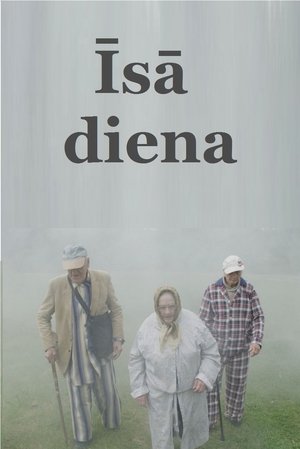 0.0
0.0Short Day(lv)
An ordinary old folks’ home on the Latvian border – one of many, where our parents, grand-parents and other relatives spend their old age. Theirs is the generation whose prime years co-existed with the Soviet Union, and who were promised: work, give all you can, and we’ll take care when you’re old. The system changed and the reality is different. How to live in this reality, accept the current rules, or live in the past and have regrets. We will touch upon their world, and the dreams and hopes of Vilnis, Imants, Alberts and Elizabete.
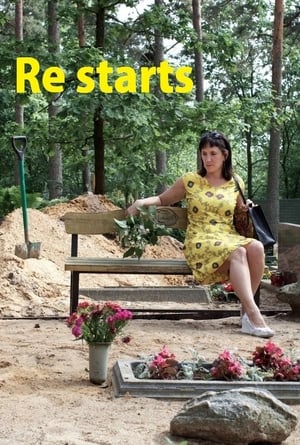 7.0
7.0Restart(lv)
The heroine is a widow and a fiancé who wants to begin a new and happy life. Conflicts in her family’s past prevent it, but she does not give up – she wants to clear away the ruins and do what she can. “Enough of looking for guilt, it’s time to find a solution,” she thinks, and takes action.
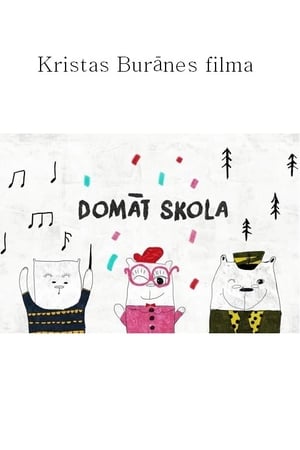 0.0
0.0Think School(lv)
For two months, the third-grade students at Cēsis’ New Primary School have been plan-ning and organizing their own graduation ceremony. Throughout this process, the teach-ers are only there to help, trusting in the children’s wisdom, responsibility and ability to organize themselves, make decisions and follow through. Preparations for the celebration involve all the school subjects, turning the school into a place of exciting discovery, where children learn by doing things that are important to them. They enthusiastically live life in the here and now, in all its difficulties and joy.
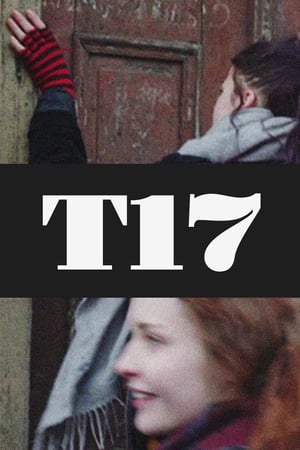 0.0
0.0Brīva vieta - Lastādija(lv)
Director Aija Bley's "Brīva Vieta - T17" captures the unique testimony of the modern era of Riga - the life of "antisquoters". The film tells about the daily life and dreams of the youth community and a mute fish, the so-called commune T17. The community lives in a non-landscaped building, so its occupation is a real challenge. The house is located under the paspārns of the association " Free Riga ", whose movement is based on a responsible attitude towards nature and the careful use of resources. Here, the community is motivated by the conviction that so few resources in everyday life should be consumed in the urban environment. The film follows the everyday life of the community members, who use their lifestyle to use the resources of nature, material, culture and time.
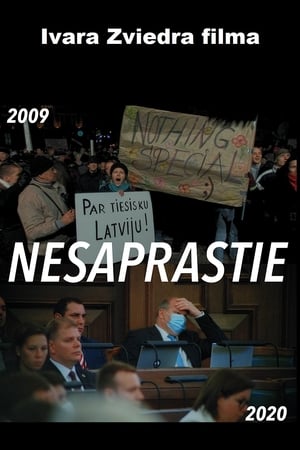 0.0
0.0The Misunderstood(lv)
An attempt to understand the people chanting "Atlaist Saeimu!" (Sack the parliament!) year after year. Though rarely attracting a great deal of notice, there are always individuals collecting signatures for a referendum to dissolve the parliament for one reason or another, or simply standing outside the building and reciting their familiar mantra. Latvian governments change fairly often, but the parliament has been dissolved in line wth the Constitution only once, in 2010 (in 1934 it was dissolved unconstitutionally following a coup by Prime Minister Kārlis Ulmanis). The actual parliament building in Old Rīga was, however, attacked in January 2009 during a very rare violent protest which precipitated the fall of Ivars Godmanis' cabinet. The documentary zips back and forth in time giving portraits of various different people and political forces pushing the idea to "Atlaist Saeimu" for different reasons.
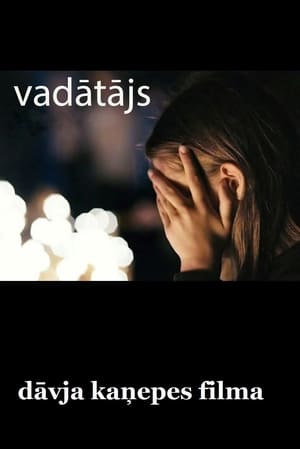 0.0
0.0Vadātājs(lv)
'Vadātājs' is an ancient Latvian mythological creature that leads people to Nowhere. As Latvia has been declared the most superstitious country in the EU, it is important to understand – what do we believe in? Three young filmmakers – a director, cinematographer and sound girl – question if Latvia is a lost country and if a Vadātājs has achieved enormous power by leading Latvian society into confusion. A search for a contemporary Vadātājs*, and the understanding of the origins of confusion within people in the 21st century.
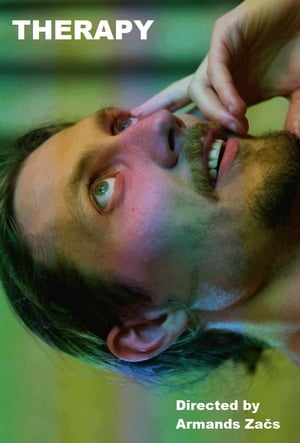 0.0
0.0Therapy(lv)
The film follows a thirty-year-old man’s efforts to introduce radical changes in his own life: to start visiting a therapist and preparing for the demolition of his bragging childhood home. Story chronicles the troubled relationship between Mārtiņš and his mother, just as he is about to tear down his childhood home.
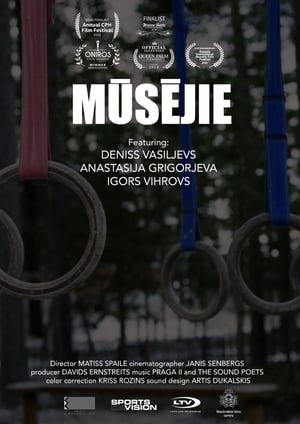 0.0
0.0One Of Us(lv)
“One Of Us” follows Latvia-born athletes – wrestler Anastasija Grigorjeva, veteran gymnast Igors Vihrovs, and up-and-coming figure skater Deniss Vasiļjevs. Being of non-Latvian ethnicity, they are sometimes treated as ‘others’ by native Latvians, who welcome them into their ranks only when they’ve shown astonishing results.
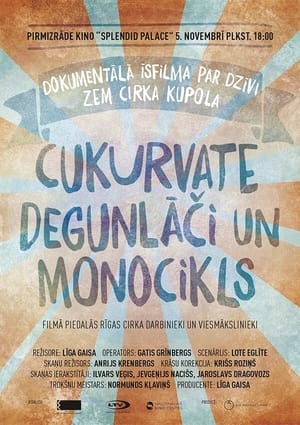 0.0
0.0Sugarcane, Coati and Monowheel(lv)
Nearly everybody has been to the circus to laugh about clowns, be afraid of the lions and to eat sugar cane. However, can anyone imagine that circus artists reside right there in the circus building - above the arena in the second floor hotel rooms - where they also prepare meals, do their laundry and try out their magic tricks? For over 125 years, despite the discomfort of non-renovated premises and ubiquitous animal odor, local and foreign circus artists follow their routine to create the circus miracle. Sugarcane, Coati and Monowheel is a film about those who dwell in Riga Circus and about what happens outside the arena before and after meeting audience under the circus dome.
